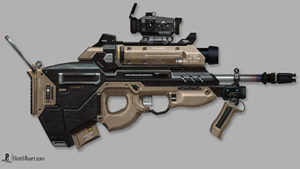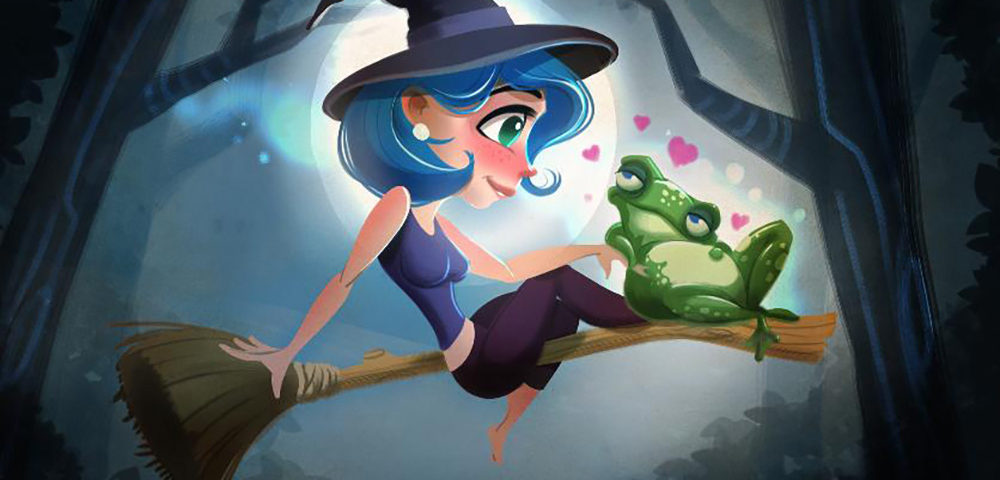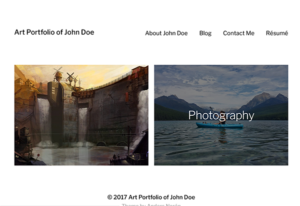The Pros (And Cons) of an Art Degree for Video Games

Branden Brushett is a professional 3D artist in the video game industry, with credits on hit games like Minecraft, MetalStorm, and Paradise Bay. But it took more than an art education to break into the game industry. After art school, Branden’s journey had only just begun. Success as a game artist demanded serious effort, countless hours, and literally chasing his dream across the country.
We’re speaking with Branden today to learn why you should (or shouldn’t!) get an art degree, how to choose and apply to art schools, and how you might be able to score a free education and follow a non-standard path into the game industry. Read more »


 “As I review animators’ portfolios, I often look for animators that can wear multiple hats.” Indeed, if Mathias Takacs is as whimsical as the characters in his 3D animation portfolio, he may be wearing actual hats himself — witch hats, pirate hats, or tall furry gorlatnayas.
“As I review animators’ portfolios, I often look for animators that can wear multiple hats.” Indeed, if Mathias Takacs is as whimsical as the characters in his 3D animation portfolio, he may be wearing actual hats himself — witch hats, pirate hats, or tall furry gorlatnayas.


